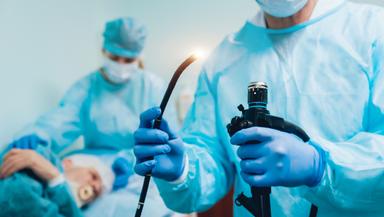Specialities
- Anaesthesiology

- Asthetics

- Audiology and Speech Therapy

- Cancer Care

- Cardiology

- Cardiothoracic and Vascular Surgery

- Cranio Maxillofacial Surgery

- Critical Care

- Dental Sciences

- Dermatology and Cosmetology

- Diabetology

- Ear, Nose and Throat

- Emergency

- Endocrinology and Paediatric Endocrinology

- Family Medicine

- General Medicine

- General Surgery and Minimal Access Surgery

- HPB Surgery

- Hand Transplant

- Heart Transplant

- Heart and Lung Transplant

- Hepatology

- In Vitro Fertilisation (IVF)

- Infectious Diseases

- Integrative Medicine

- Interventional Radiology

- Kidney Transplant

- Laboratory
- Liver Transplant

- Medical Gastroenterology

- Medical Oncology, Hemato-oncology and BMT

- Mental Health

- Neonatology

- Nephrology

- Neuro Anaesthesia and Critical Care

- Neuro and Spine Surgery

- Neurology

- Nuclear Medicine

- Nutrition and Dietetics

- Obstetrics and Gynaecology

- Ophthalmology

- Orthopaedics and Joint Replacement

- Paediatrics

- Pain Management

- Physiotherapy

- Plastic, Cosmetic and Reconstructive Surgery

- Psychiatry

- Pulmonology, Interventional Pulmonology and Sleep Medicine

- Radiation Oncology

- Rheumatology

- Surgical Gastroenterology

- Surgical Oncology

- Transfusion Medicine

- Urology and Urogynaecology














